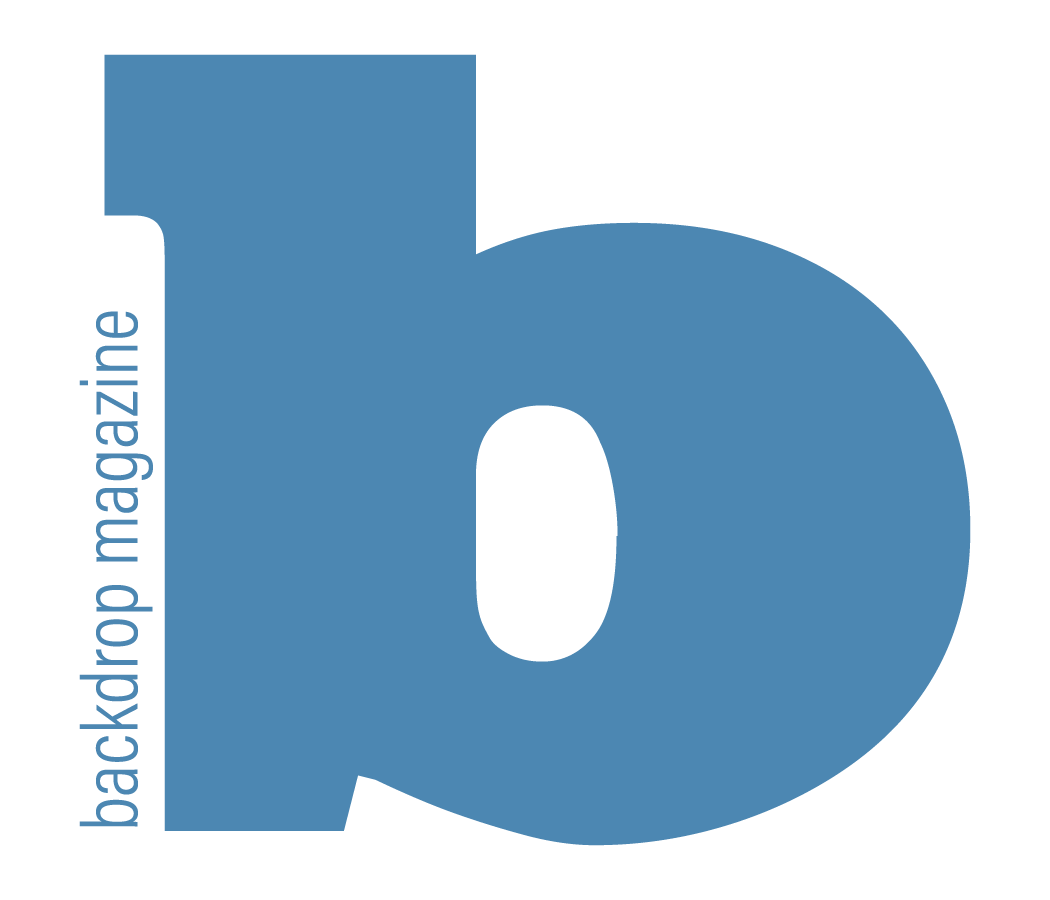Strutting For Awareness
Grace Dearing
The lights dimmed inside Walter Rotunda and Athens residents lined either side of a makeshift runway that split the room in half. As music poured from the speakers, student models strutted down the aisle, donning exquisite gowns and high heels.
But behind the glamorous facade, these models displayed a much darker story.
The models parading down the runway inside Walter were volunteers showcasing Ohio University’s first UNCHAINED fashion show.
UNCHAINED is a national organization that works to empower communities to raise awareness of human trafficking in the U.S., as well as provide survivors with higher education, through fashion shows, student groups and a survivor scholarship fund.
Human trafficking is a $150 billion industry, according to Human Rights First, and in September 2017, about 24.9 million victims were trapped in modern day slavery.
“Human trafficking is an issue that occurs everywhere, even when we often don’t think it occurs close to home,” Katie Pittman, editor-in-chief of Thread Magazine and one of the fashion show sponsors, says.
Before the models and narrator, Michelle Upshaw, took the stage, OU students and show organizers Hannah Burke and Elli Lavon said they hope the fashion show helps put an end to the normalization of violence against women.
“We live in a world where women’s bodies are exploited and hypersexualized,” Lavon says. “...[UNCHAINED] reinstates the power of the voiceless.”
As Upshaw began her narration, the models illustrated the story of a young girl falling under the control of a trafficker, told from the victim’s perspective. The narration described a girl with a difficult home life, looking for a place where she feels safe and loved. Her trafficker manipulates her to believe that he was that safe place.
The details of each individual outfit are what made the stories so moving. The very first ensemble, a long-sleeve shirt with the sleeves sewn together and a piece of cloth covering the model’s mouth, portrayed a girl confined in her own skin, unable to call out for help.
Each model portrays a distinct scenario; from an open-back dress with makeup defining the model’s spinal cord and bones, to a neck tattoo that read “ROMEO” (the trafficker in this story) in big, bold letters, to makeup that mirrored bruises and handprints on a girl’s body. These details showed the physical and emotional toll that impacts victims of human trafficking.
“The show demonstrated the violation, rehabilitation and restoration of a survivor beautifully,” Pittman says. “The clothes, starting dark and restricting, moved into loose, light silhouettes that exemplified the freedom that comes with emotional recovery and support.”
The message of freedom is also reflected through the narration. After each model, before statistics about human trafficking flash on the screen behind the runway, Upshaw always repeated, “I know who you are,” before contradicting how traffickers see their victims as only a source of income.
Upshaw says, “You are not what happens in the night. You are soul, you are spirit...your worth is not determined by how you are used.”
Victims of human trafficking often feel like nobody wants to help them, because that is what their traffickers tell them. UNCHAINED’s mission is to change this misconceived notion and to empower communities to support prevention efforts.
“UNCHAINED is helping victims through donations and awareness,” Madison Cleveland, managing editor of Thread Magazine, says. “The show gave guests the opportunity to learn more about victims and how we can all help make a difference and stop sex trafficking.”
The narration passionately spoke to victims of human trafficking, speaking on behalf of any person willing to fight to put an end to this form of slavery.
“We know you are there. We will hunt until we find you. We will bring back our girls,” Upshaw says.
